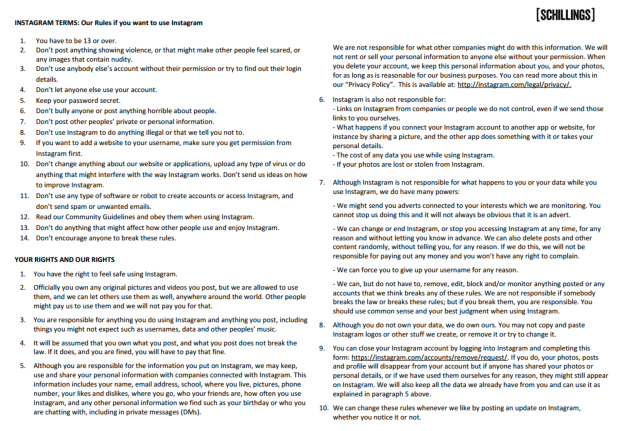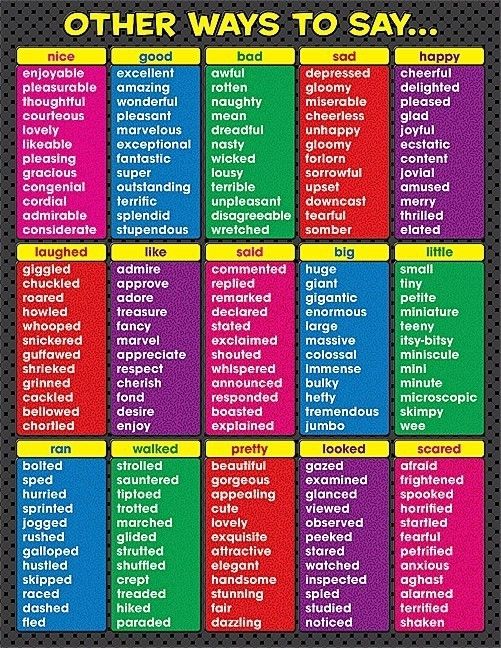Today quite a few people dropped by to say hello or have a look at their exam, and then we went out for dinner together. We missed the people who did not make it to this outing, so let me send them a big hug from us all. We hope you have a wonderful bilingual summer! 😀 ❤ It’s been a pleasure to meet you all, and have the chance to work with you. This third generation has had amazing results, really. So thanks for that! It will also be inspiring for newcomers!
I’d like to dedicate this post to you three generations of C1’s here because each and every year has been intense and fruitful in many ways.
The First Generation, where less people followed the course, was full of people who loved learning English with freedom, so perhaps that explains why they felt at ease with the methodology and made the most of it. I’d like to share here the videos I was allowed to shoot:
The first C1 video was by Rocío, a journalist, and she gave us this precious present:
Paco’s was the second video-donor! 😀 His English was amazing anyway, and he loved music and is a talented DJ. In case it helps other people, he failed the listening test in June but of course passed it in September. Here, he’s reading his favorite chapter of the Alexie Diary… because I asked people to read this book and share their highlights.
This year, small groups worked on an OP based on work listening to the news, for December. We have the video recording of an OP on Science, and I’m sure you will be surprised, interested and enjoy it a lot!
Miguel, a most passionate learner, allowed us to publish two of his amazing OPs:
Paqui, who loves books, prepared this power point presentation she used in class to celebrate World Book Day.
Paqui, Noelia, Marisol and María del Mar learned a poem for one of our assignments.
The Second Generation had a majority who had a lot of pressure to get their certificate for work reasons or because it was their second year taking the course, and this put a lot of pressure in replicating the methodology of Exam Culture. But we all worked really hard and people contributed amazing work. Here are the OPs we recorded.
Poetry: Silvia read a powerful poem by Ghada Al Atrash, “Imagine”, which I also posted on our blog English Women Writers…
And Natalia, also a music teacher in secondary, learned a complex poem, putting together this amazing OP: The Owl and the Pussy-cat.
Andrés, another secondary teacher, helped us conmemorate November 25, International Day Against Violence Against Women.
Yolanda H, whose English was really good already, and in spite of that kept following the course, shared with us one of the assignments I suggested based on listening work on the news:
And here is an unprecendente project: the second generation of C1’s worked on Herstory and Feminist Analysis. Their research and analysis was impressive, I did suffer lots editing their video work for zillions of hours, to try and help many of them with fossilized mistakes and grammar mistakes. In any case, they all got their certificates except one who unfortunately decided not to take the September writing test, and that was mostly for their very hard work that year.
The other two feminist intelligence OPs were very interesting, too. I’m sure you will enjoy them:
- Sexism and Advertising
- Consciousness-raising: through literature, in the crucial 1960s + CR groups & women at universities, and in Education for Equality in our public schools
They contributed more work: audios and writings you’ll find on Talking People.
What about yours? I need to finish some pending videos. And then I’ll post about you all! 🙂
So if you hear people say public language education is no good, remember these people and your own experience. The fact is language learning never ends, and that’s why this course makes the point of helping people broaden their resourcefulness on how to learn, how to use your English in various ways with all kinds of materials! Language learning depends an 80% on the learner. No teacher or course can teach, really. Language is very complex. But teachers and courses can offer some precious support, provided the person does love using the language and learning of course!
Hope you enjoy your summer! ❤






